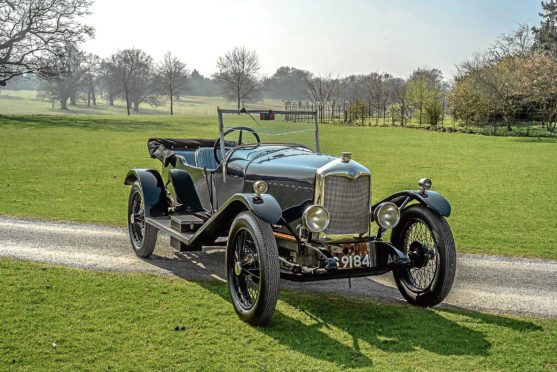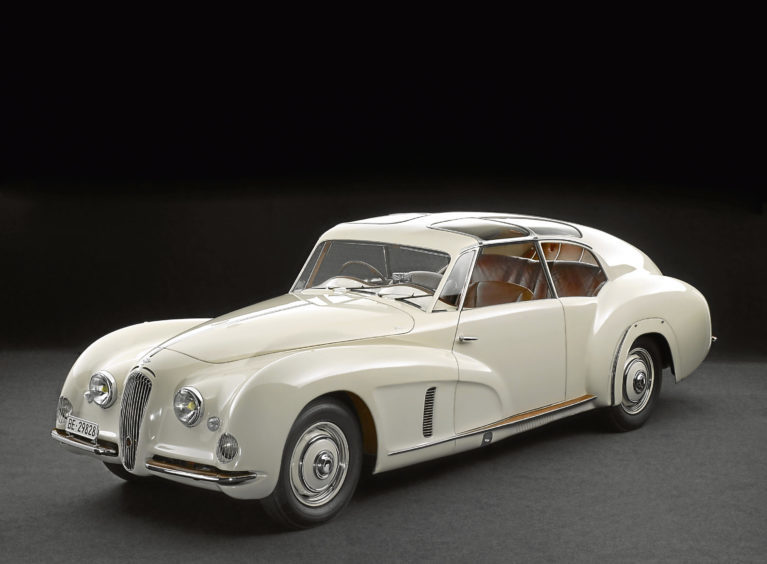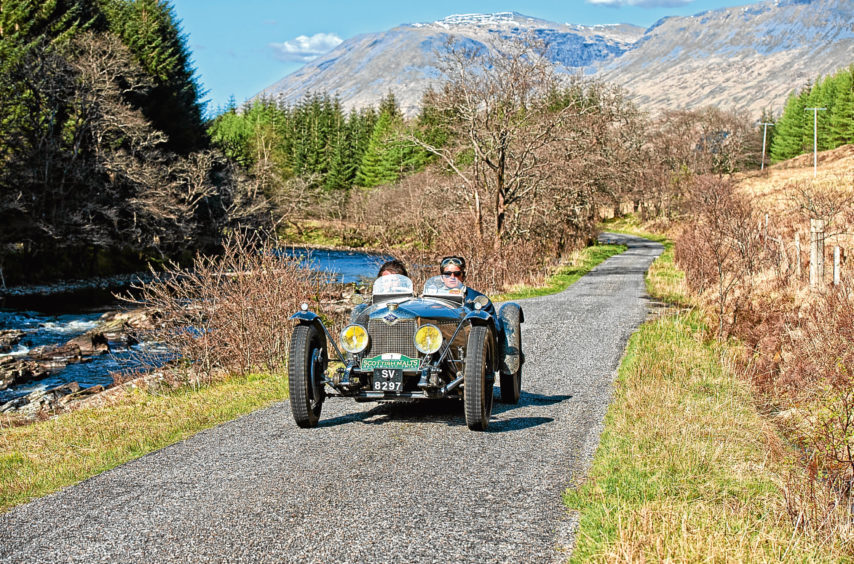The motor industry is a ruthless place. However good the cars a firm makes, they have to sell well and be profitable if the firm is to survive.
In the years after 1945, Britain was, the US apart, the world’s biggest car maker and exporter, with dozens of great names above factory gates throughout the Midlands and further afield. Yet some 50-60 years later, almost all those names have gone and the few British marques remaining today are foreign-owned and most cars we export carry Japanese names—Toyota, Honda and Nissan.
One long-gone name highly revered in its day was Riley. Its 1948-launched 1.5-litre and 2.5 litre saloons were quintessentially British—long, low-slung, with pointed chrome grille, two-piece windscreen, front wings that flattened into running boards and leather (or pseudo-leather) roof. They look incredibly dated today but back then they had the wow factor in spades.
Like so many UK car-makers, Riley started by making bicycles. William Riley bought the Coventry-based Bonnick Cycle Co in 1896, renamed it Riley and his many sons gradually joined the business as it expanded into motorbikes, voiturettes, engine-making for other car-makers and eventually making cars themselves. One son, Percy, was a brilliant engineer who made major improvements to early combustion engines that were later universally adopted.
The firm made aero engines in 1914-18 and in the interwar years focussed on cars, at one point producing 20 different models from spartan roadsters to the poshest limos. This vast duplication, plus internal family disputes, landed Riley in receivership in 1938. It was bought by Morris founder Lord Nuffield and, like the rest of the UK car industry, turned over to war production until 1945.
Early post-war models were still very much Rileys but, after Morris and Austin merged to form British Motor Corporation (BMC) in 1952, they gradually became, with Wolseley, posh “badged” versions of the Austin-Morris range.
The last “true” Riley was the 1953 Pathfinder, but later models —the 1.5 saloon, the Farina-styled 4/72, the “booted Mini” Elf and the 1100-1300 Kestrel, were de luxe versions of standard BMC models. Once British Leyland absorbed BMC in 1968, the Riley name was dropped in 1969. The name now belongs to BMW and, happily, Rileys are still head-turners at classic car shows.


